“To help people think for themselves, first listen. And listen. Then - listen.”
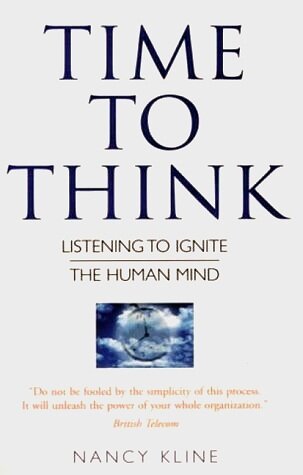
Imagine a world where good ideas abound, action follows and people flourish.
This is the call to action in Nancy Kline’s Time To Think. The book describes an approach called the Thinking Environment, designed to help organisations make better decisions, resolve conflict and reach solutions faster.
In her insightful, witty style Nancy defines ten components of a Thinking Environment including Attention, Appreciation and Ease.
I re-read this book recently, thinking about Teaching Assistants and their talk. When supporting children in the classroom, it’s easy to worry that, if you’re not ‘doing’, you’re not ‘helping’. However, in Nancy Kline’s extensive experience, the simple act of listening without interruption can have a transformative effect.
“The next time someone asks you for help with a problem, remember that the brain that contains the problem probably also contains the solution. Then set up the conditions for them to find it.”
Time To Think isn’t specifically aimed at educators but I have found it a thought-provoking reference point for my work. If you are interested in deepening your understanding of the power of dialogue, consider getting hold of a copy.
“Ask your students what they think five times more often than you tell them what you think.”
I highly recommend this podcast to anyone with an interest in oracy education
Let’s start talking about the impact screen time might be having on language development
An inspiring podcast on using classroom talk in a rich and meaningful way
What will your class make of these contrasting images of children’s lives around the world?
Sarah Lambert discussing what a high-quality oracy education looks like
Over 200 guides to help you do philosophy with children
Packed with example discussion scenarios, this book will help you raise your facilitation game
An inspiring and practical article that will help you improve talk for learning
A book exploring another helpful structure to promote high-quality talk
Strategies to help as many pupils as possible access philosophical enquiry
How one school is using philosophy to address community tensions and mental health
Full of practical ideas and lovely examples of children’s words; I recommend this book





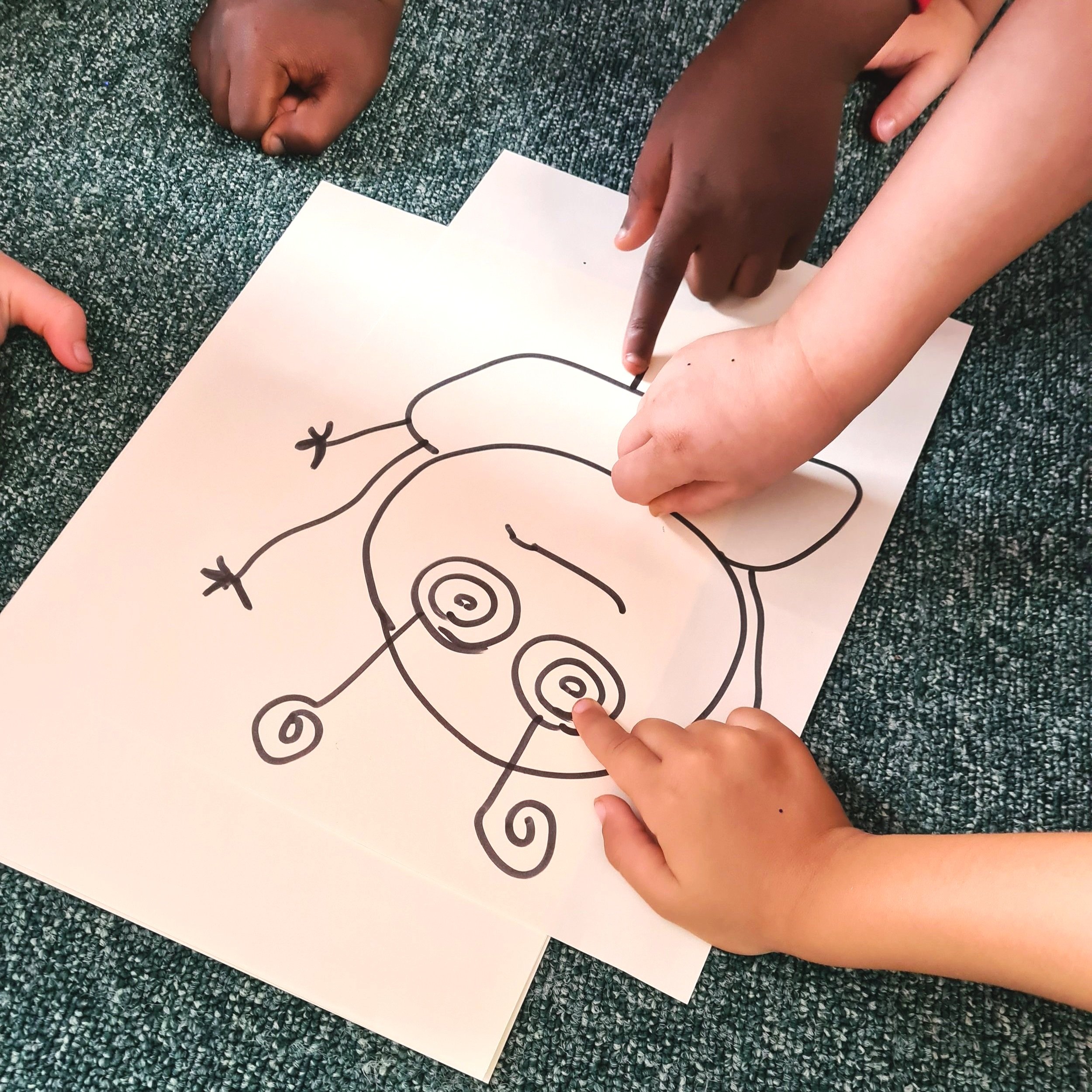
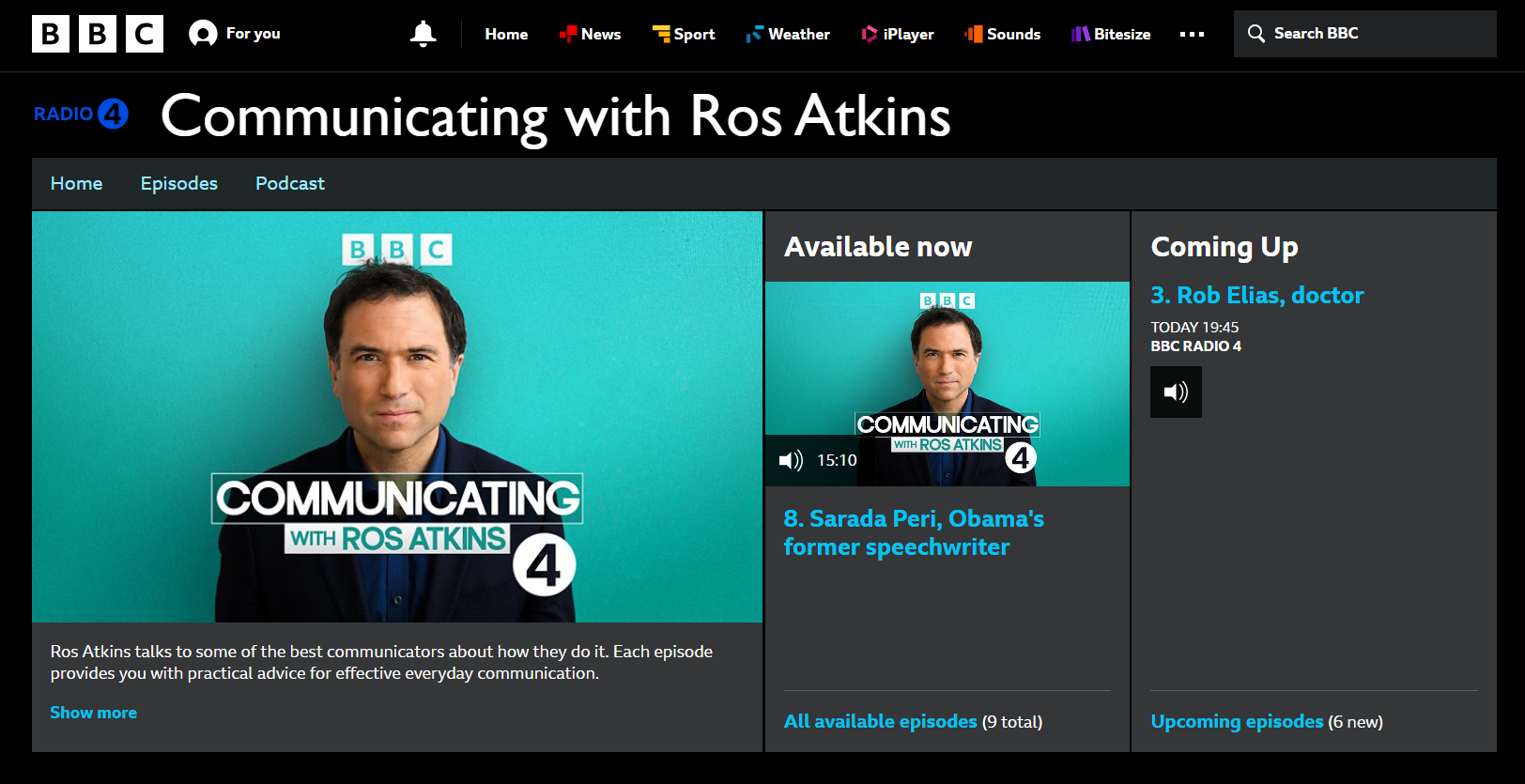


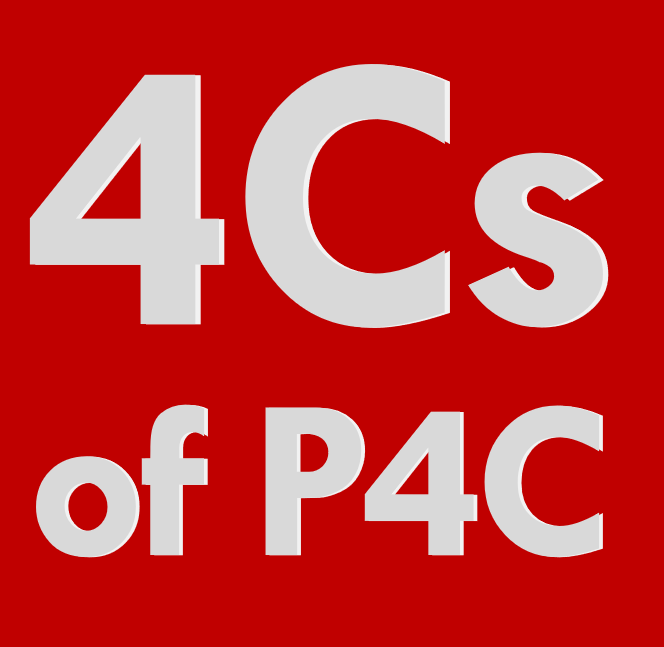

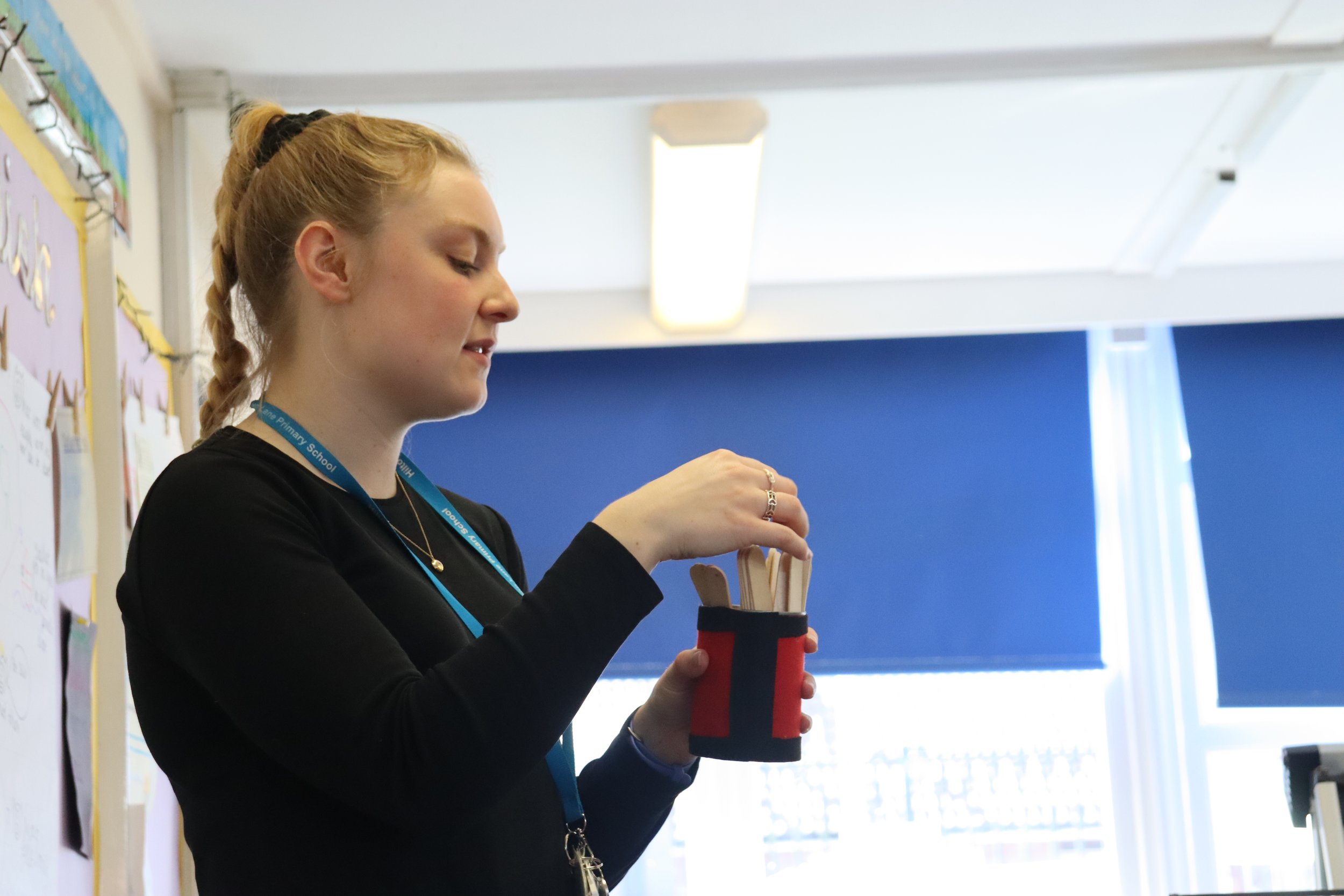
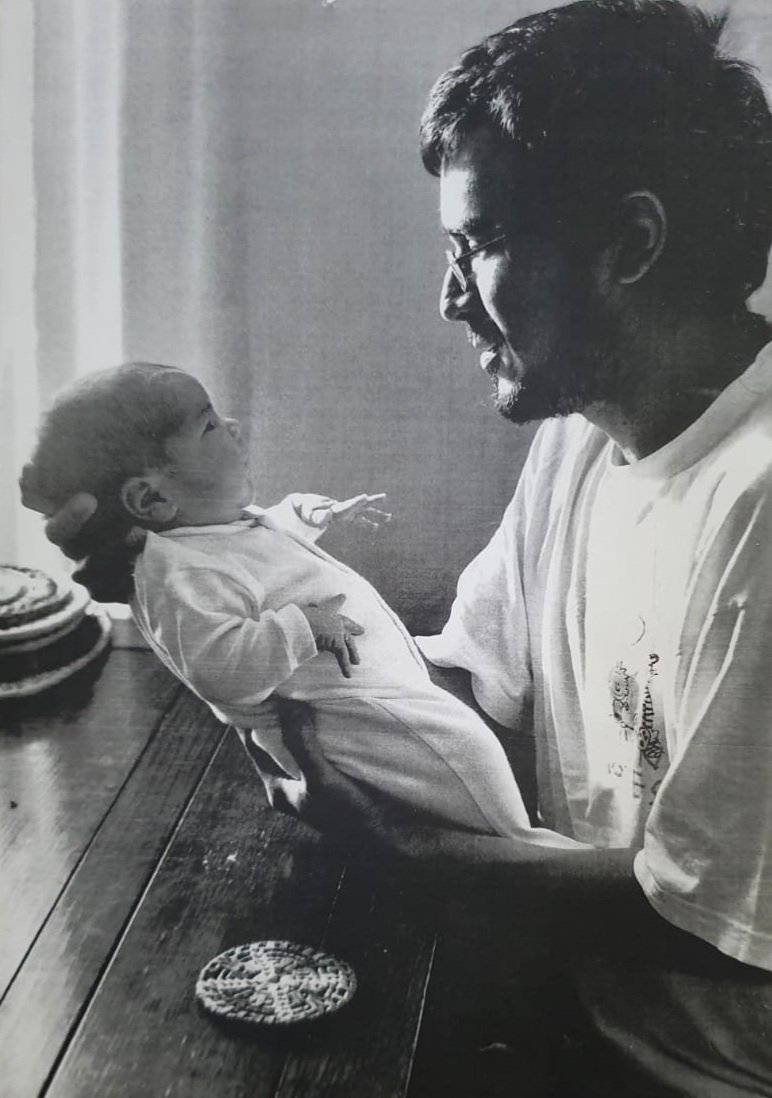

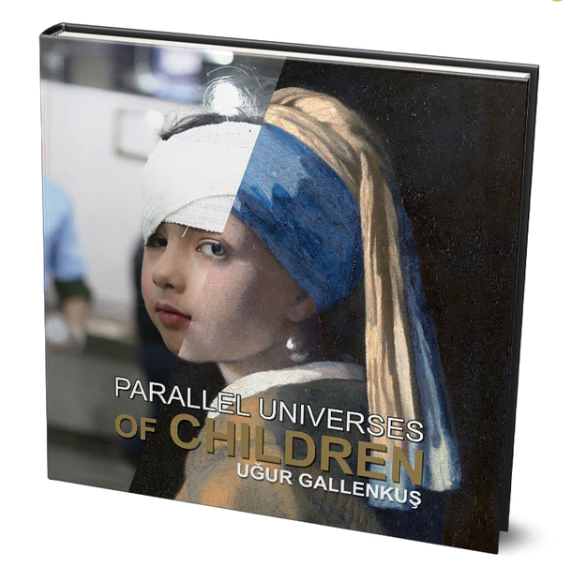





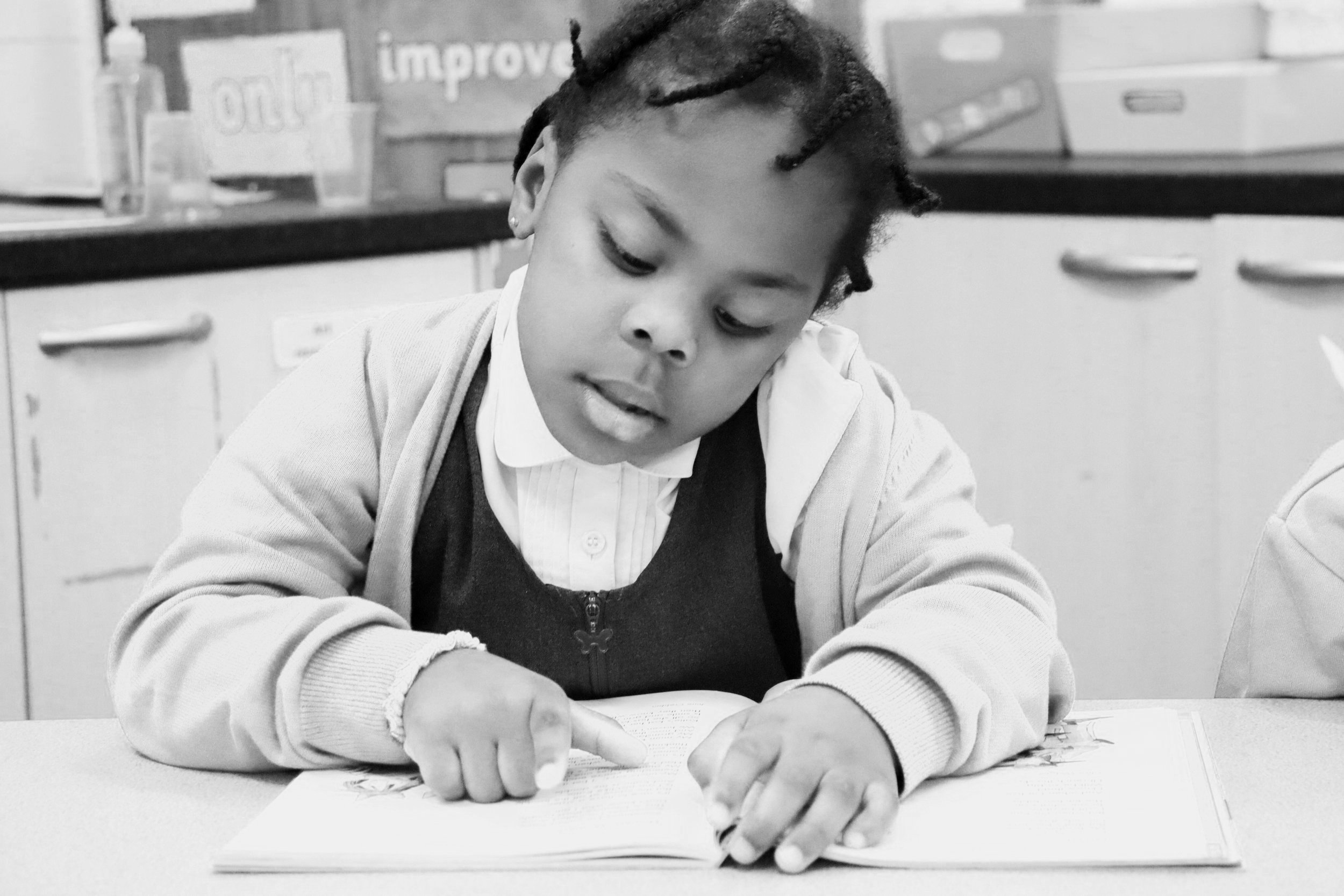


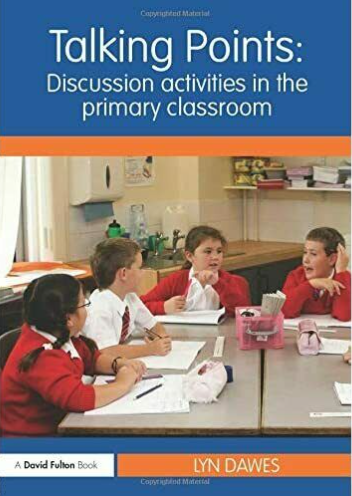

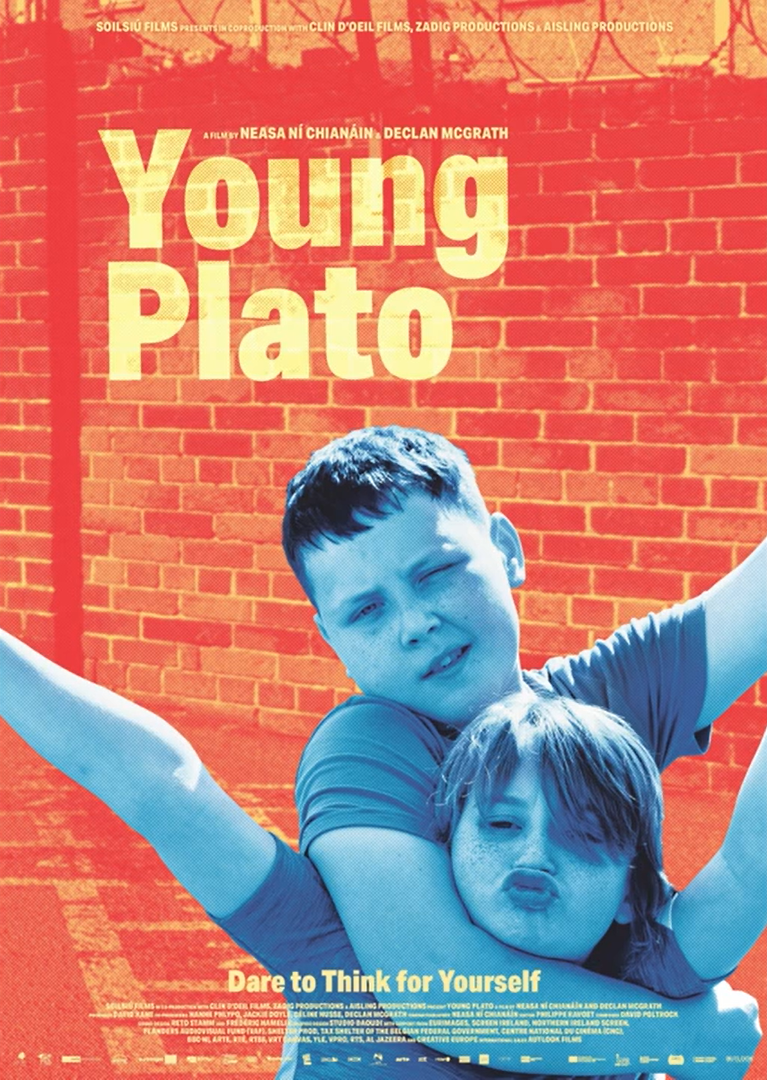
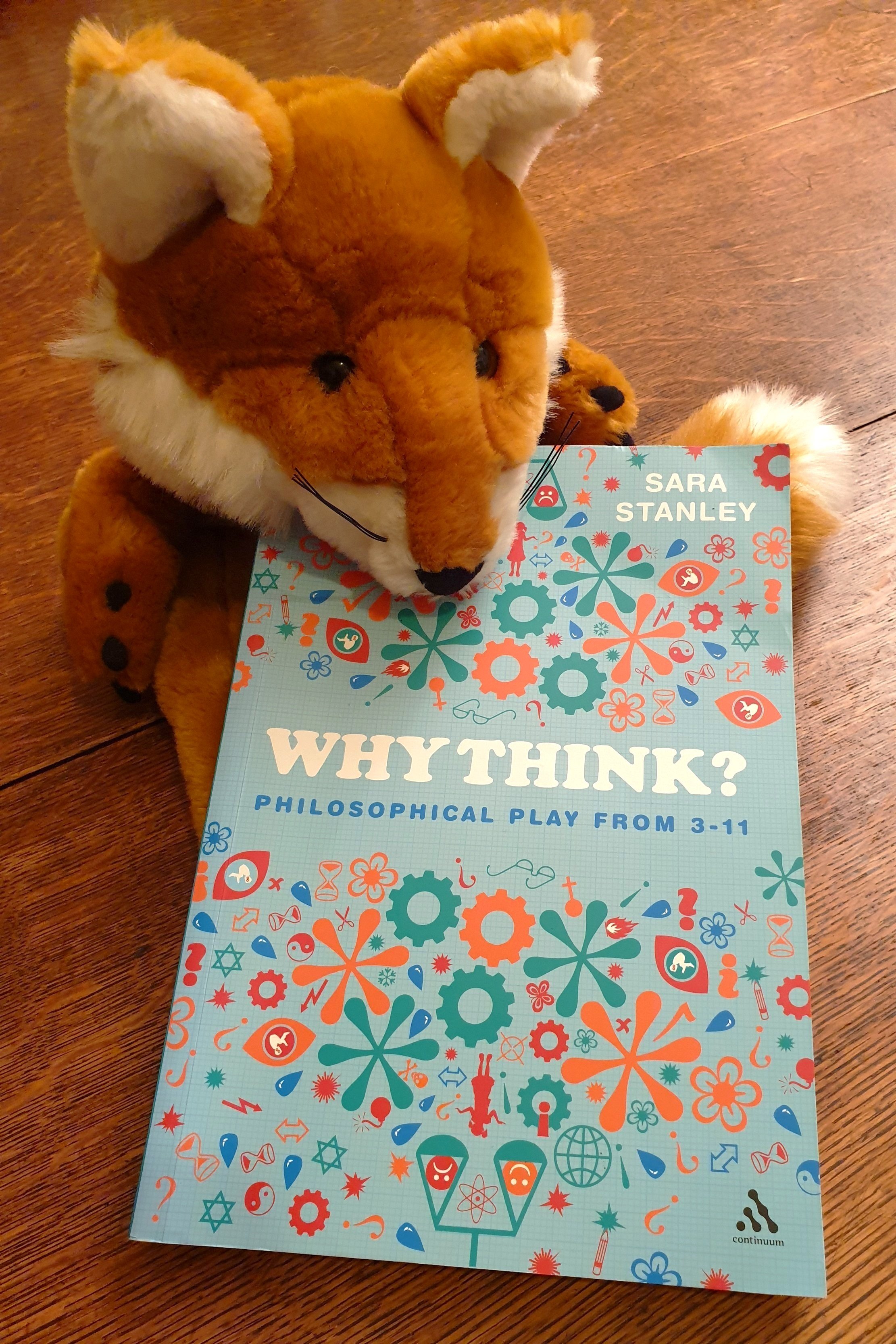


A fantastic, free resource to help your pupils develop their creative listening skills